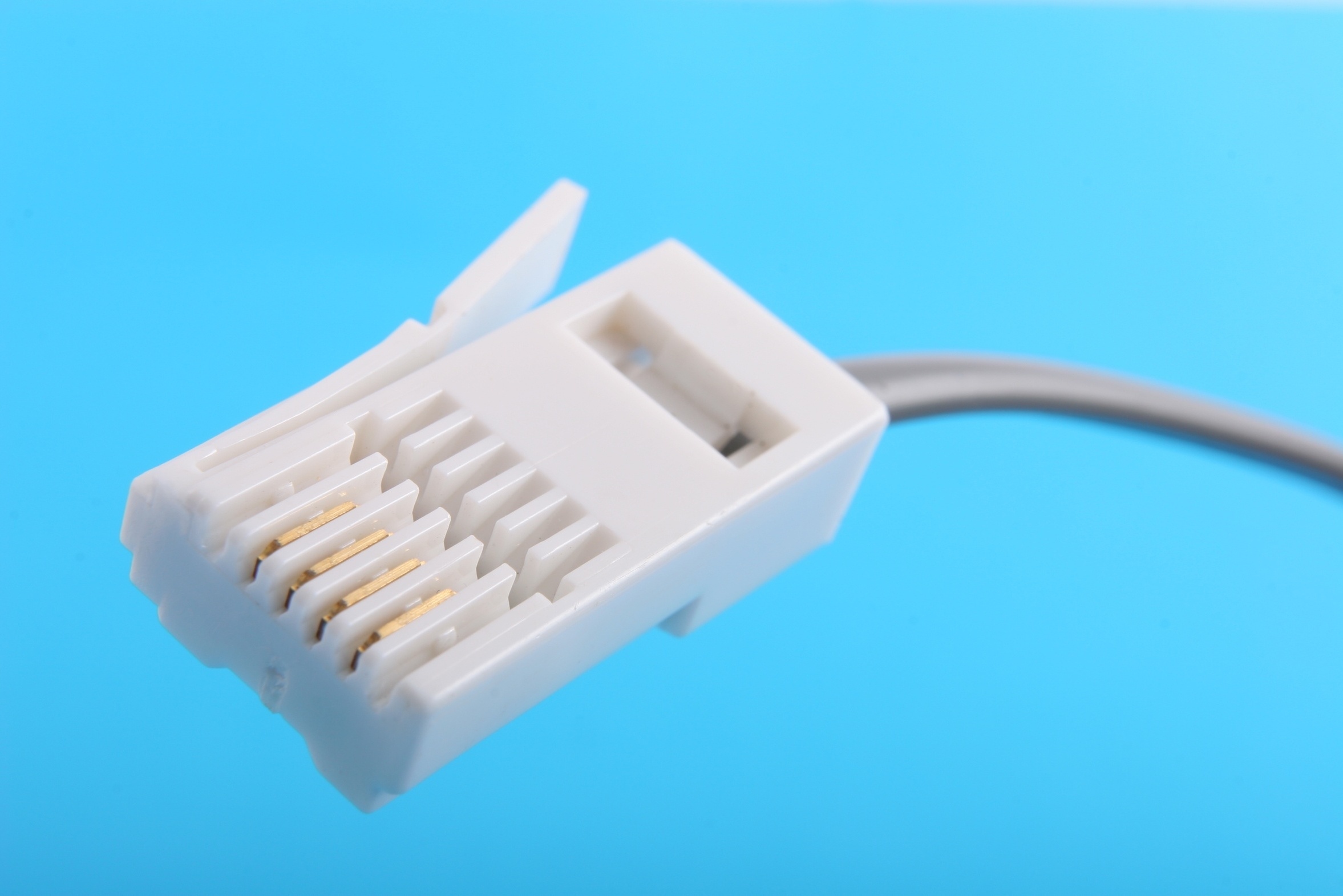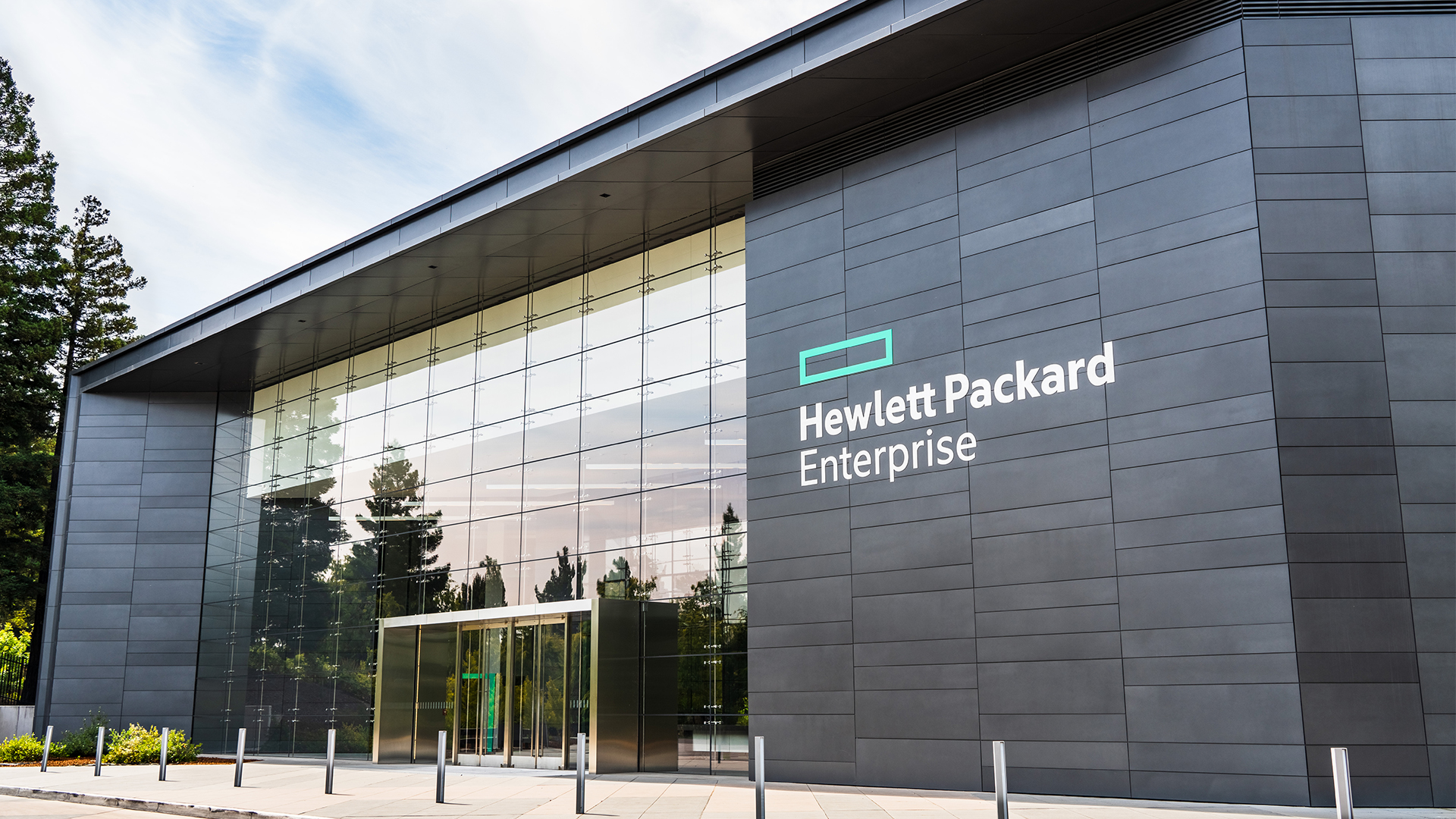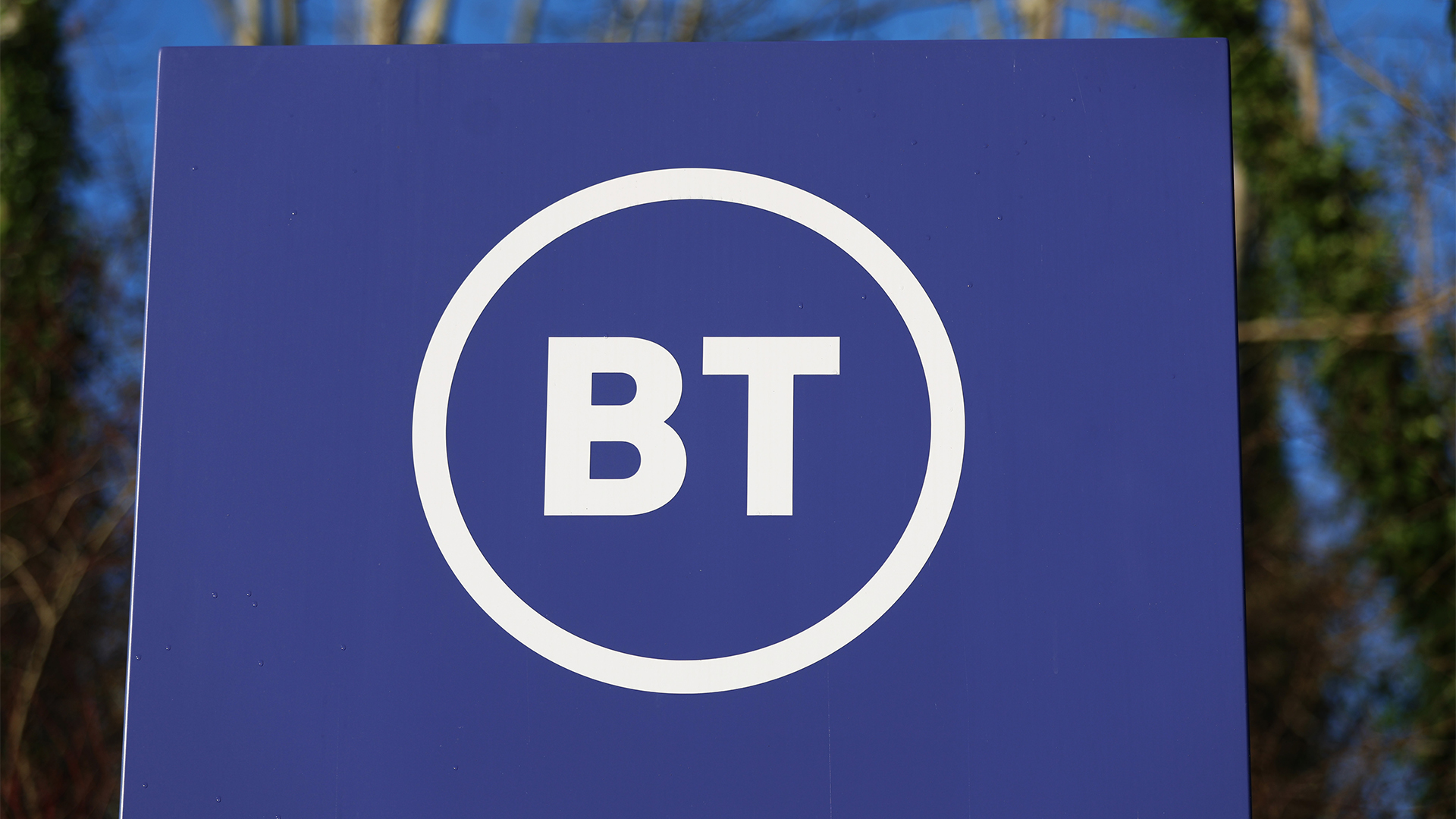BT considering Ofcom price cap appeal
Ofcom proposals would see BT Openreach's wholesale copper broadband and landline costs cut.


BT will consider appealing an Ofcom decision to cap the service provider's wholesale charges, if it goes through.
Ofcom said it was going to cut BT Openreach's Local Loop Unbundling (LLU) and Wholesale Line Rental (WLR) prices, which would make it cheaper for the likes of Sky and TalkTalk to offer broadband over BT infrastructure.
It is now up to the European Commission to decide if the caps will be enforced, as Ofcom is required to send charge control proposals to the EU body. A decision must be made within one month.
We disagree with some of the underlying assumptions that they have used to determine these charge controls.
BT said it was concerned by Ofcom's announcement, in particular taking umbrage with the basis of the regulator's capping.
"Whilst the prices are within the range outlined by Ofcom in November, we disagree with some of the underlying assumptions that they have used to determine these charge controls," a spokesperson said.
"Our primary concern throughout this process is to ensure that we are able to achieve a fair rate of return in order to continue our investment in the future of the UK's communications infrastructure. We will consider all options available to us, including appealing, after Ofcom confirms its final decisions."
Get the ITPro daily newsletter
Sign up today and you will receive a free copy of our Future Focus 2025 report - the leading guidance on AI, cybersecurity and other IT challenges as per 700+ senior executives
For fully unbundled lines running from the cabinet to a property, where ISPs rent the line to provide broadband and telephone services, Ofcom wants Openreach to cut prices from 91.50 to 87.41 for the financial year 2012/13.
For wholesale line rental, where providers take over the whole Openreach line to provide services, the price would go down from 103.68 per year to 98.81.
Where ISPs are renting the line between the cabinet and the premises solely for broadband, the cost would drop from 14.70 per year to 11.92.
Prices will continue to go down in future years in accordance with inflationary pressures.
As for why Ofcom felt compelled to clamp down on BT pricing, a spokesperson told IT Pro the telecoms giant's prices did not satisfy certain criteria.
"We have a model which has various inputs going into it and we reach our conclusions based on the inputs that are going into that model," the spokesperson said.
"The main ones are cost of capital, volume of lines we forecast Openreach to be serving over a certain period and also the rate of efficiencies that BT Openreach will make going forward as well. They are the three main components. Based on our analysis, we set our draft controls today."
Ofcom is obliged by the European telecommunications framework to review the market every three years.
The price caps could see the cost of broadband provided over Openreach infrastructure go down, although that lies in the hands of the ISPs.
"We expect the savings to be passed onto consumers," the Ofcom spokesperson added. "That's what has happened in the past. Obviously these are wholesale prices, so it doesn't mean an ISP has to cut prices."
BT is also facing pressure to cut its fibre wholesale prices, even though it cut them last year following pressure from rival ISPs.
The provider announced an FTTP 'on demand' service late last week.
Tom Brewster is currently an associate editor at Forbes and an award-winning journalist who covers cyber security, surveillance, and privacy. Starting his career at ITPro as a staff writer and working up to a senior staff writer role, Tom has been covering the tech industry for more than ten years and is considered one of the leading journalists in his specialism.
He is a proud alum of the University of Sheffield where he secured an undergraduate degree in English Literature before undertaking a certification from General Assembly in web development.
-
 Cleo attack victim list grows as Hertz confirms customer data stolen
Cleo attack victim list grows as Hertz confirms customer data stolenNews Hertz has confirmed it suffered a data breach as a result of the Cleo zero-day vulnerability in late 2024, with the car rental giant warning that customer data was stolen.
By Ross Kelly
-
 Lateral moves in tech: Why leaders should support employee mobility
Lateral moves in tech: Why leaders should support employee mobilityIn-depth Encouraging staff to switch roles can have long-term benefits for skills in the tech sector
By Keri Allan
-
 HPE eyes enterprise data sovereignty gains with Aruba Networking Central expansion
HPE eyes enterprise data sovereignty gains with Aruba Networking Central expansionNews HPE has announced a sweeping expansion of its Aruba Networking Central platform, offering users a raft of new features focused on driving security and data sovereignty.
By Ross Kelly
-
 Extreme Networks targets simplicity with Platform ONE for MSPs
Extreme Networks targets simplicity with Platform ONE for MSPsNews Extreme Networks has announced a new program for MSPs which includes access to its Extreme Platform ONE to address cost challenges.
By Daniel Todd
-
 Zyxel Networks targets cloud networking growth with new partner program
Zyxel Networks targets cloud networking growth with new partner programNews The revamped initiative places an increased focus on the firm’s Nebula cloud platform
By Daniel Todd
-
 Equinix acquires BT's Irish data centers in €59 million deal
Equinix acquires BT's Irish data centers in €59 million dealNews As BT moves to an asset-light business model, Equinix looks to expand
By Emma Woollacott
-
 Closing the connectivity gap
Closing the connectivity gapWhitepaper Five reasons full fibre broadband is a game changer for your business
By ITPro
-
 Fortify your future: How HPE ProLiant Servers deliver top-tier cyber security, management, and performance
Fortify your future: How HPE ProLiant Servers deliver top-tier cyber security, management, and performanceWhitepaper Deploy servers with a secure approach
By ITPro
-
 Fortify your future with HPE ProLiant Servers powered by Intel
Fortify your future with HPE ProLiant Servers powered by IntelWhitepaper Enhance your security and manage your servers more effectively
By ITPro
-
 BT just extended the PSTN switch-off deadline — here’s what you need to know
BT just extended the PSTN switch-off deadline — here’s what you need to knowNews BT described the move as a “revision”, citing a series of improvements to the wider PSTN switch-off programme
By George Fitzmaurice